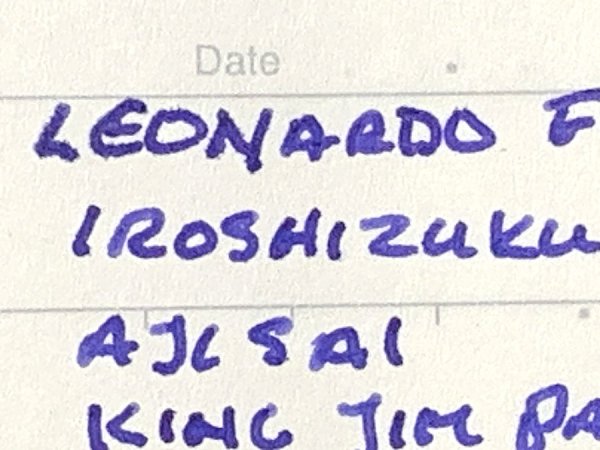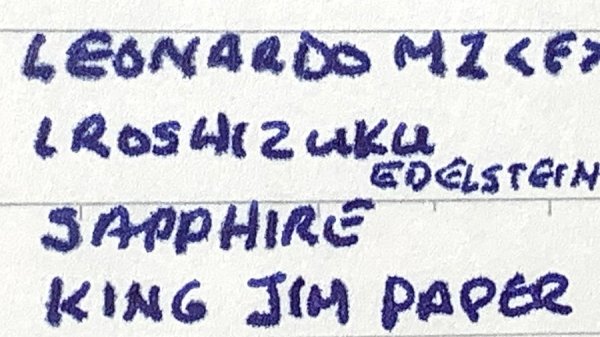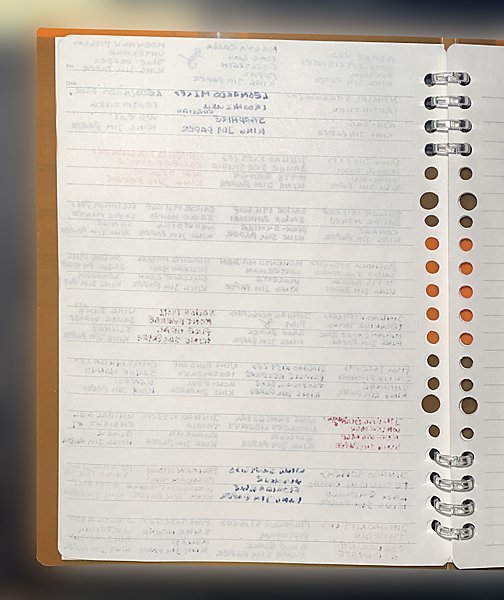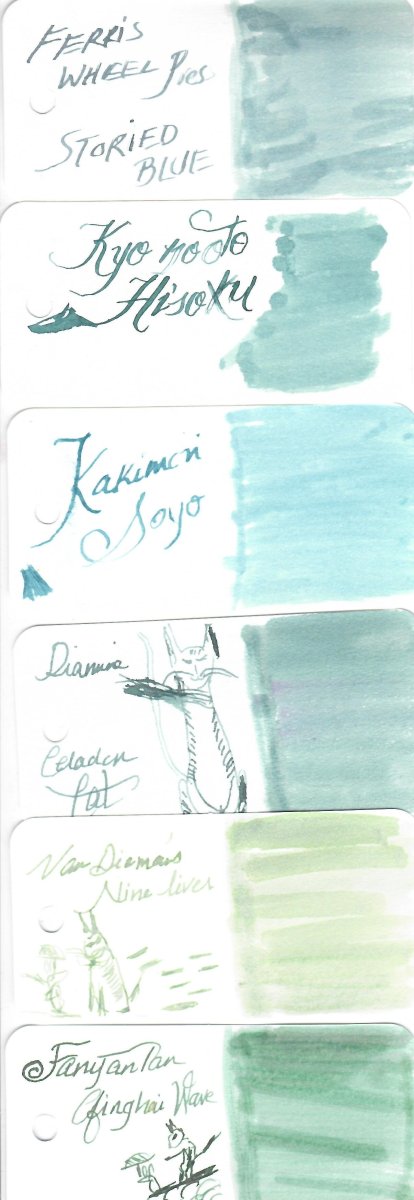The Lost Art Of Writing
-
Forum Statistics
355.6k
Total Topics4.6m
Total Posts -
Member Statistics
128,473
Total Members18,857
Most OnlineNewest Member
Porter
Joined -
Images
-
Albums
-
Pelikan Xuan Wu (2001) - Asia Limited Edition
- By tacitus,
- 0
- 0
- 16
-
USG 11
- By USG,
- 0
- 0
- 21
-
Ink testing pages
- By Penguincollector,
- 0
- 0
- 98
-
Andrew Lensky Arts
- By Andrew_L,
- 1
- 21
- 48
-
00-Feb-March-April2025
- By yazeh,
- 0
- 0
- 88
-

















.thumb.jpg.f07fa8de82f3c2bce9737ae64fbca314.jpg)



desaturated.thumb.gif.5cb70ef1e977aa313d11eea3616aba7d.gif)







Recommended Posts
Create an account or sign in to comment
You need to be a member in order to leave a comment
Create an account
Sign up for a new account in our community. It's easy!
Register a new accountSign in
Already have an account? Sign in here.
Sign In Now